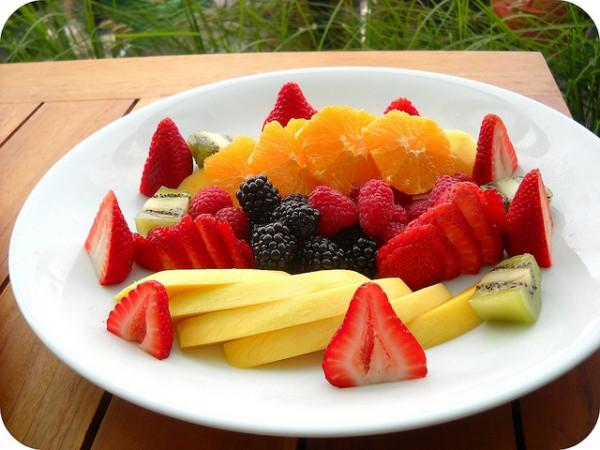
Fruit consumption has a direct impact on depression levels in human beings, according to a new Australian study.
The University of Queensland study found that eating less than the recommend two servings of fruits a day increased the risk of depression in participants, mainly in women.
For the study, Professor Gita Mishra and colleagues followed 6,000 Australian women for six years. Results showed that fruit intake, but not vegetable consumption was directly linked to the mental condition. Researchers have attributed the occurrence to the high levels of anti-inflammatory compounds and antioxidants found in fruits.
"We found that women who ate at least two servings of fruit a day were less likely to suffer from depression than women who ate fewer servings, even after taking into account other factors such as smoking, alcohol, body mass index, physical activity, marital status and education," said Professor Mishra in a news release.
"We also found that eating two or more servings of fruit a day protected women from developing depression in the future."
Depression is expected to emerge as one of the top three diseases across the world by 2030, and these findings are particularly important as women are at greater risk of depression than men, said the authors.
The research published in the European Journal of Clinical Nutrition supports previous studies that have highlighted the importance of healthy eating in mental health.
Last year in September, researchers from the University of Eastern Finland reported that a diet rich in folic acid prevented depression.
This year October, another team of researchers from the University of Queensland found similar mental benefits when the participants ate five portions of fruits and four portions of vegetables daily.
Banana, berries, oranges, avocados, papaya, peaches, guava, mangoes, apple are some of the fruits known to fight depression.
Some other foods that fight the mental condition include asparagus, cherry tomatoes, honey, red wine, parsley, green tea, garlic, fatty fish, eggs, walnuts, spinach, dark chocolate, blue potatoes, turmeric and shell fish (clams, oysters, mussels).














